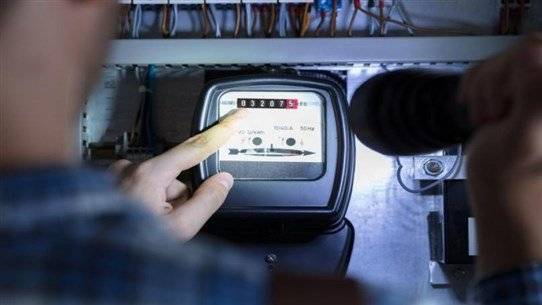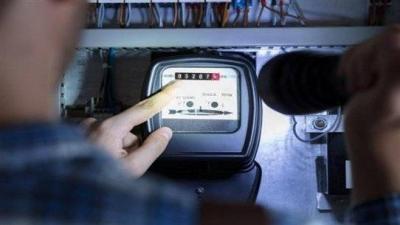The electricity crisis in Lebanon has intensified amid the government’s inability to secure fuel oil for power plants. This shortfall is part of a broader crisis that has burdened the Lebanese economy since 2019, where the Lebanese currency has lost 90% of its value, and purchasing power has diminished to very low levels, while the Central Bank’s reserves have dropped to around $10 billion. Lebanon, which is experiencing one of the worst three financial crises known globally since 1850, has faced a severe fuel shortage in recent months, prompting most Lebanese to rely on alternative sources, notably solar energy, which has become increasingly prevalent in the country.
The Electricité du Liban can generate less than 500 megawatts, primarily relying on fuel obtained through an agreement with Iraq, which has been renewed for a year. This arrangement allows Lebanon to receive one million tons of heavy fuel, to be paid for with goods and services; although heavy fuel is unsuitable for Lebanon’s needs, it can be exchanged for more suitable fuel.
Against this background, Minister of Energy and Water in the caretaker government Walid Fayad is in contact with several countries to secure fuel oil. He stated in an interview that he has reached out to the Kuwaiti side as part of the ongoing and constructive cooperation that has historically governed relations between Arab brothers, especially Kuwait and Lebanon. He noted that Kuwait has supported Lebanon and the Lebanese people during the toughest times, playing a vital role in assisting the country. This communication is part of multiple efforts to improve the electricity supply of Electricité du Liban and find fuel oil sources, with the aim of reviving the matter of Lebanon obtaining fuel oil from Kuwait.
According to information, the Lebanese state seeks to establish a state-to-state payment method, expecting certain facilitation, and is awaiting a response from Kuwait to finalize the negotiations.
In related news, Fayad announced that caretaker Prime Minister Najib Mikati has informed him that he communicated with Speaker of the House Nabih Berri and Finance Minister Youssef Khalil to sign a decree for increasing electricity tariffs. He pointed out that this increase will coincide with an increase in the electricity supply and is part of fulfilling conditions set by the World Bank, which outlined two prerequisites for continuing with gas imports from Egypt and electricity from Jordan through Syria: the first is raising tariffs, and the second is initiating procedures to appoint the regulatory authority, revealing that efforts are underway to implement this condition.
Regarding the Iranian fuel grant, Fayad disclosed that he held a meeting with the Iranian ambassador in Lebanon, Mojtaba Amani, and that a technical committee was formed upon Mikati’s directives to visit Tehran to assess the specifications of the fuel and other technical matters to facilitate efforts to benefit from this grant, confirming that the Lebanese state has tentatively agreed to accept it.




